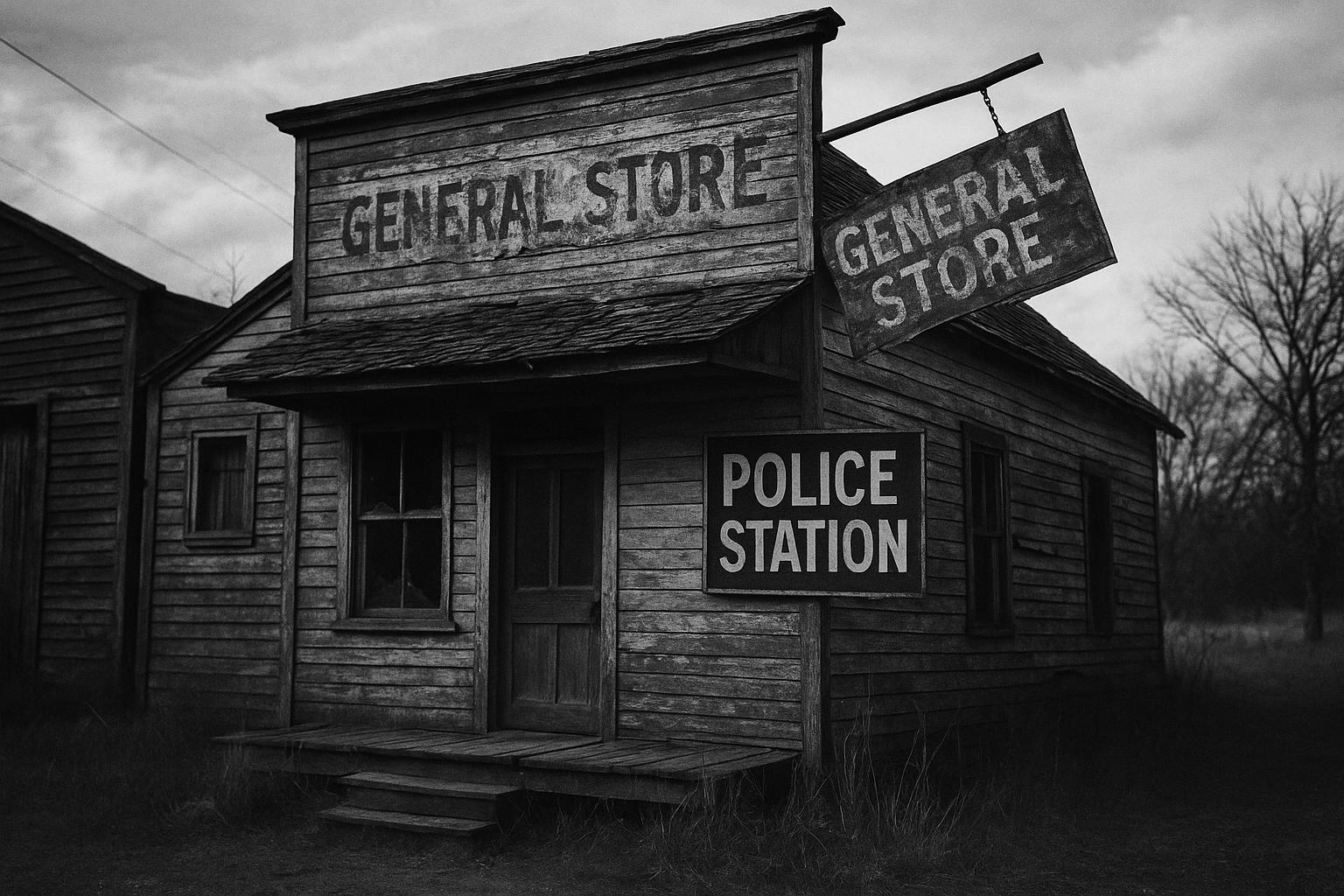The Liberal Democrats have outlined a proposal for every police force in England and Wales to establish counters in accessible public venues such as supermarkets, shopping centres, and libraries. This initiative aims to restore public confidence in policing and make it easier for citizens to report crimes and exchange information. The party claims their research has uncovered a significant decline in traditional police front counters, usually located within police stations, over the past decade. According to Hazel Grove MP Lisa Smart, the party’s home affairs spokesperson, many people feel they seldom see police officers following cuts imposed during Conservative administrations. The policy, announced at the start of the Lib Dems’ four-day conference in Bournemouth, proposes at least one police counter in every local council area, funded by abolishing Police and Crime Commissioners (PCCs), whose combined costs in the four years up to 2023 the party estimates at over £100 million. The saved funds would also support new rural crime teams. The Labour government plans to transfer PCC responsibilities to elected mayors in the coming years, but the Lib Dems criticise Labour for lacking concrete community policing policies so far in their term.
The proposed police desks are intended to serve a more integrated role than current engagement centres or pop-up desks, which are often limited in scope and appear intermittently in locations like libraries and community centres. While these new counters would not replace full police stations, they would allow for crime reporting and information sharing. Some forces have already explored alternatives, such as touch-screen terminals in supermarkets, to boost crime reporting. Meanwhile, London faces the closure of almost half its remaining station front counters as part of cost-saving measures. Though London’s Mayor Sir Sadiq Khan once pledged to maintain at least one 24-hour counter per borough, he recently reversed this pledge, citing low usage and arguing that cutting the counters—expected to save £7 million—would improve command and control capabilities.
Alongside their police desk promise, the Liberal Democrats want to strengthen rural crime policing by establishing specialist rural crime teams within every police force. These teams would include designated rural contacts and officers equipped with advanced tools like drones to tackle growing rural offences such as livestock theft and threats against farmers. This policy is partly a response to increasing rural crime, with NFU Mutual reporting an estimated £52.8 million in costs in 2023—a rise of almost 22% since 2020. The party asserts that existing rural crime units are underfunded, especially in counties like Devon, Cornwall, and Hertfordshire. Lib Dem leader Sir Ed Davey stresses the necessity for dedicated resources to protect rural communities effectively. The proposal suggests that financing these expansions could come from abolishing PCCs, whose administrative roles are seen as redundant or inefficient. The government's own plans emphasize expanding neighbourhood policing to address rural issues including anti-social behaviour and fly-tipping, though financial pressures on police budgets remain a concern, with warnings of officer job cuts. Other political groups have expressed varying views: Conservative critics link recruitment challenges to tax hikes on employers, Reform UK calls for greater frontline policing focus, and Green Party representatives highlight the strained capacity of community police due to austerity.
The Liberal Democrats are also advocating for a legal right for burglary victims to receive police visits. They cite data from 19 police forces revealing over 45,000 burglaries went unattended last year, with significant regional disparities. The party highlights a “postcode lottery,” where in some areas police attend fewer than half of reported burglaries. The government maintains a policy that officers should visit every residential burglary scene; Home Secretary Suella Braverman endorsed a pledge made last year by all 43 forces in England and Wales to investigate burgled homes.
This renewed focus on accessible policing counters and victim support emerges amid shifts in policing resources and public access points. Hampshire Constabulary, for example, plans to close front offices at 28 stations by next year due to budget cuts, reducing the number of walk-in reporting locations from 44 to 16. This move follows public consultation indicating a preference for online reporting and interaction with officers in the community. Still, Hampshire commits to maintaining at least one front office per district to meet continued public demand.
The Liberal Democrats’ proposals reflect broader efforts to make policing more responsive and community-focused while addressing resource constraints and changing public expectations. At their conference, they seek to position themselves as a pragmatic alternative in a fragmented political landscape, aiming to attract liberal-minded Conservative voters in key regions. The party’s approach contrasts with other parties’ policing policies and reflects ongoing debates about funding, frontline services, and the best ways to maintain public safety and trust.
📌 Reference Map:
- Paragraph 1 – [1], [2]
- Paragraph 2 – [1], [7]
- Paragraph 3 – [2], [1]
- Paragraph 4 – [3]
- Paragraph 5 – [7]
- Paragraph 6 – [1], [2]
Source: Noah Wire Services
